Peter Gleick: Water and Conflict – The New Water Conflict Chronology
In an ongoing effort to understand the connections between water resources, water systems, and international security and conflict, the Pacific Institute initiated a project in the late 1980s to track and categorize events related to water and conflict. This Water Conflict Chronology has been continuously updated since then, and I publish a version in each volume of our biennial water book (The World’s Water published by Island Press, Washington DC). Today, for the first time in two decades, we are releasing the Chronology in a completely revamped format.
Water Number: 203. The Pacific Institute’s newly designed Water Conflict Chronology now has 203 entries (as of today), ranging from 5,000 years ago up to the death of a man in riots over water cuts in Mumbai, India last week.
The newly released Chronology can be viewed in a number of different ways, from a table with full citations to interactive Google Earth water conflict maps (see image below). An interactive timeline is also available that permits users to filter the Chronology by type of conflict, date, and region. Each entry is categorized as one or more of the following types of water conflicts:
–Control of Water Resources: where water supplies or access to water is at the root of tensions.
–Military Tool: where water resources, or water systems, are used by a nation or state as a weapon during a military action.
– Political Tool: where water resources, or water systems, are used by a nation, state, or non-state actor for a political goal.
– Terrorism: where water resources, or water systems, are either targets or tools of violence or coercion by non-state actors.
– Military Target: where water resource systems are targets of military actions by nations or states.
– Development Disputes: where water resources or water systems are a major source of contention and dispute in the context of economic and social development.
Recent world events from the Middle East to China to India to Ethiopia and other regions continue to result in new entries. And new information is being sent in all the time by historians, water experts, and general readers to update, correct, and expand the current chronology. As a result, we will continue to update the Chronology with new entries and appropriate corrections and modifications. [If you have something you think relevant, please send it with full citation to us at info@pacinst.org.]
International security is not a sterile or static field of study and analysis. It is constantly evolving as international and regional politics evolves and as new threats to security become increasingly important in the affairs of humanity. In all this, however, one factor remains constant: the importance of water to life means that providing for water needs will never be free of politics. My hope is that it can someday be free of violence.
[Special thanks to my colleague Matt Heberger for his work on this design.]
Peter Gleick
Dr. Gleick’s blog posts are provided in cooperation with the SFGate. Previous posts can be found here.

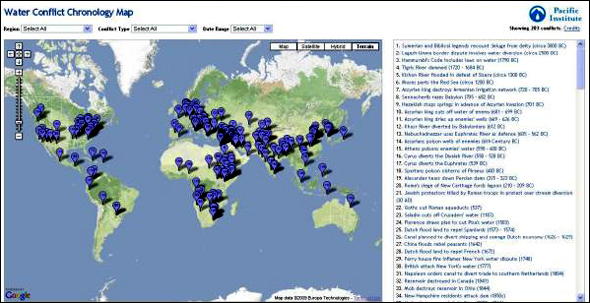

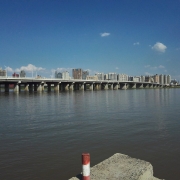
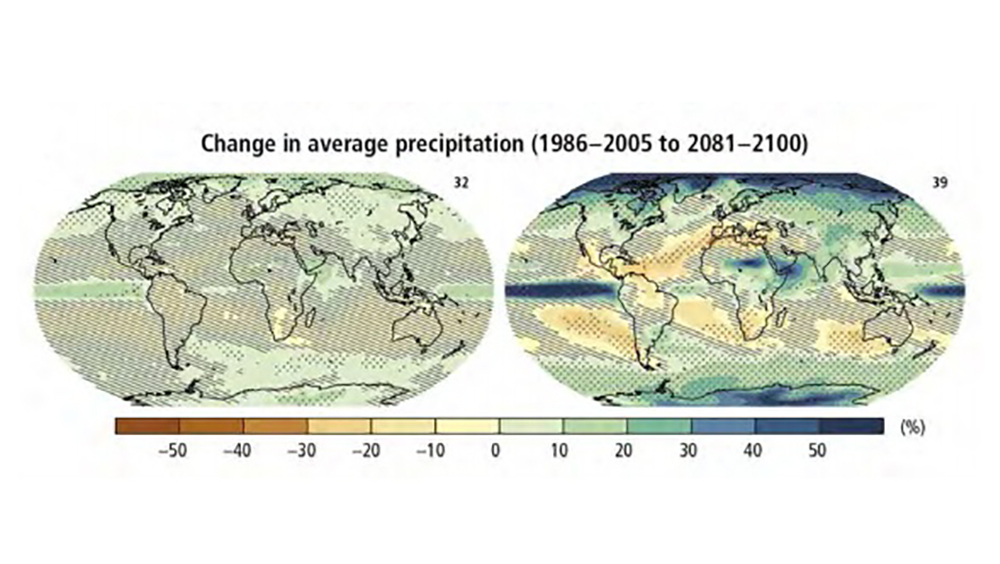
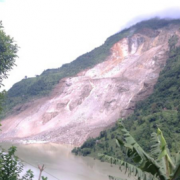


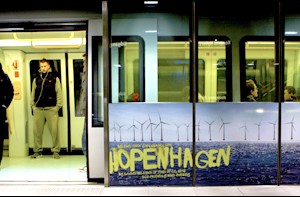

Great idea, Peter. Thanks from the water and Peace community.
Terry